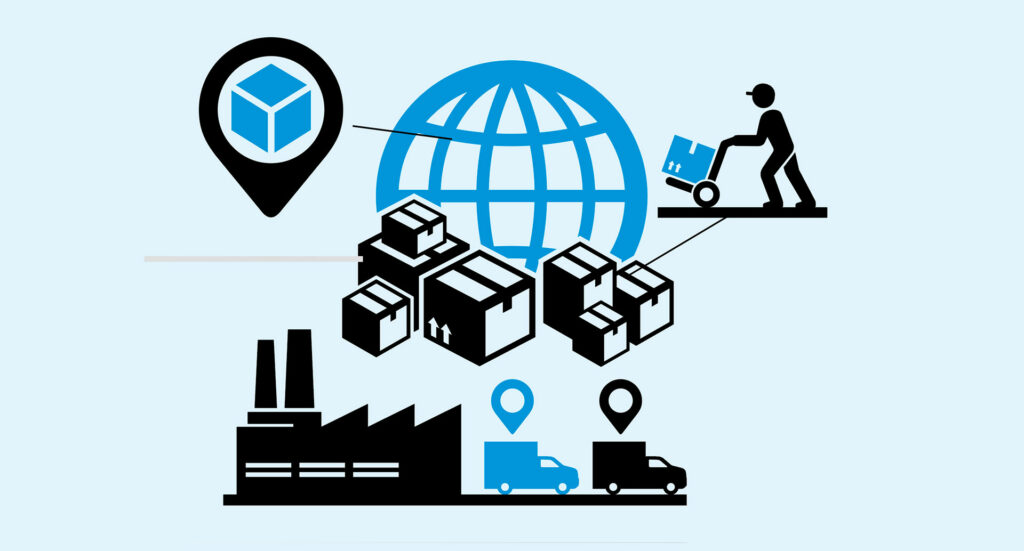Accurately tracking and controlling manufacturing costs, particularly for routing processes, presents a significant hurdle for businesses striving for profitability amid financial uncertainties, volatile tariffs, and increasingly intricate supply chains.
Fundamental Challenges in Manufacturing
In an interview with ERP Today, Surya Maddula, Senior NetSuite Architect at CloudPaths, notes, “Manufacturing often involves multiple processes, each with its own cost implications. Inefficiencies can creep in if routing isn’t optimized, inflating costs unnecessarily.”
This complexity is further compounded by the unpredictable nature of material and labor costs, supply chain disruptions, and fluctuating transportation fees – factors often beyond a company’s direct control. Outdated or poorly integrated technical systems only exacerbate these issues, hindering the seamless flow of information and impeding timely, data-driven decision-making.
To effectively navigate these uncertainties, companies must cultivate routing and costing processes that possess sufficient agility to adapt swiftly to shifts in demand, material availability, or evolving production methodologies.
Responding to Market Dynamics
Maddula lists six ways in which companies can ensure their routing costs and processes stay agile:
- Implementing advanced analytics
- Leveraging automation
- Adopting flexible technology platforms
- Fostering collaboration
- Scenario planning
- Investing in employee training
“This multi-faceted approach ensures that manufacturers can proactively respond to market dynamics and internal changes, minimizing disruptions and maintaining cost control,” he says.
Addressing Costs with NetSuite and CloudPaths
CloudPaths specializes in delivering cloud-based ERP solutions, with a strong focus on NetSuite, with precisely this approach.
According to Maddula, NetSuite significantly enhances manufacturing routing and costing accuracy by providing a robust suite of tools for meticulous tracking, comprehensive planning, and in-depth analysis of production processes.
CloudPaths, through their dedicated SuitePaths practice centered on NetSuite cloud ERP, possesses the specialized expertise to guide manufacturing companies in optimizing critical areas such as manufacturing routing, cost accuracy, work-in-process (WIP) management, seamless integration with standard costing methodologies, and efficient resource optimization.
“NetSuite allows you to define detailed routing records, which outline each step in the production process,” Maddula explains. “This ensures precise scheduling and tracking of tasks, resources, and time in manufacturing cost templates.”
Additionally, he highlights that it calculates costs based on real-time data, such as labor hours and machine usage, logged against specific tasks. This helps identify variances between actual and standard costs.
Trends That Will Reshape Manufacturing
Looking towards the future, Maddula sees several key trends poised to change manufacturing cost management. They include:
- Increasing integration of artificial intelligence (AI) and predictive analytics for cost forecasting and production optimization
- A growing emphasis on sustainable and green manufacturing practices
- Proliferation of real-time Internet of Things (IoT) devices for precise cost allocation
- A strategic focus on global supply chain optimization
He added that NetSuite is proactively preparing for these future trends with advanced suite apps, real-time inventory insights, enhanced data integration capabilities, sustainability features, and the ongoing incorporation of IoT and AI-driven insights. “CloudPaths and our SuitePaths team remain at the forefront, ensuring our NetSuite clients are well-equipped to adopt these emerging technologies and maintain a competitive edge,” Maddula concluded.
What This Means for ERP Insiders
Real-time visibility and data accuracy drive significant cost reduction. CloudPaths’ implementation of NetSuite at Nourse Farms, an agricultural customer, clearly demonstrates this. By moving from manual cost tracking to NetSuite’s automated costing system, Nourse Farms achieved a 10% reduction in material cost variances. This was directly attributed to the ability to detect excessive scrap in real time and adjust sourcing strategies promptly.
Optimized routing and workflow automation enhance efficiency. By implementing NetSuite’s WIP & Routing module, Nourse Farms streamlined workflows, resulting in a 8% reduction in lead times. This optimization of the sequence of operations directly translated to improved on-time delivery performance. Thus, a well-configured ERP system like NetSuite, coupled with implementation by partners like CloudPaths, can significantly improve the flow of production, eliminate bottlenecks, and reduce the time it takes to bring products to market, ultimately lowering operational costs and improving customer satisfaction.
Agile and integrated ERP systems facilitate rapid adaptation to business changes. CloudPaths’ rapid integration for Timney Triggers, a firearm trigger manufacturer, showcases this. When Timney Triggers acquired another company, they urgently needed to integrate the new entity with Shopify and NetSuite ecosystem, including Avalara, for tax management through NetSuite connector. CloudPaths successfully completed this complex integration within two weeks, ensuring a seamless order flow from Shopify to NetSuite for manufacturing and fulfillment. While specific efficiency gains were still being measured, the speed and success of this integration underscores the importance of having a flexible and integrated ERP system like NetSuite.






